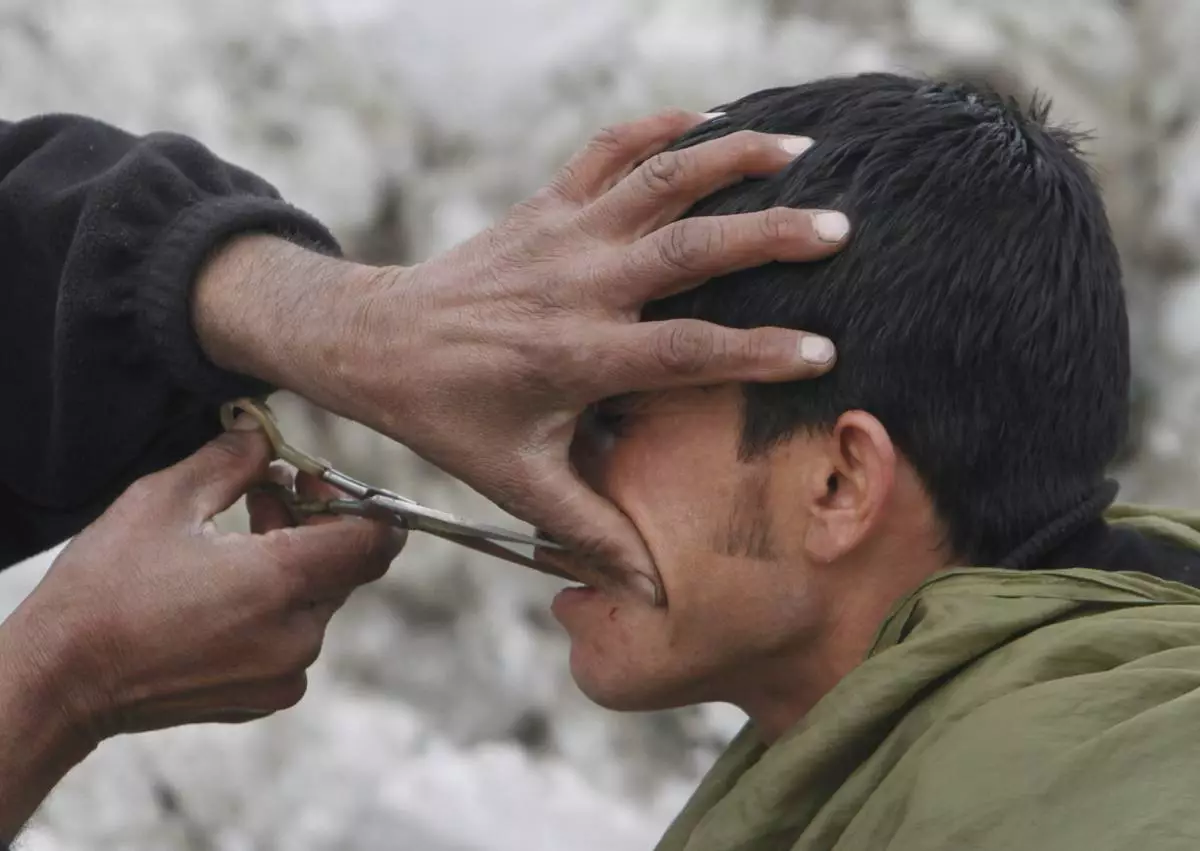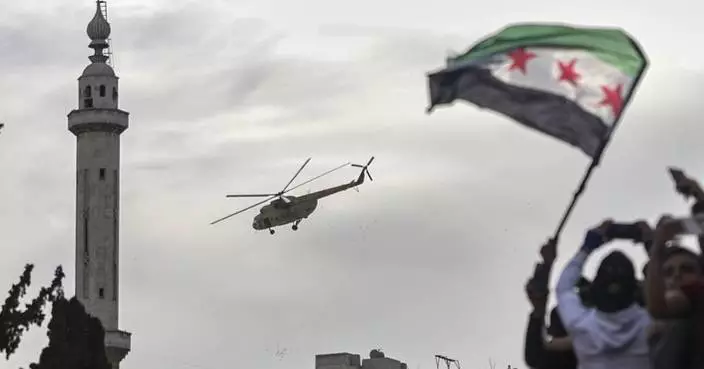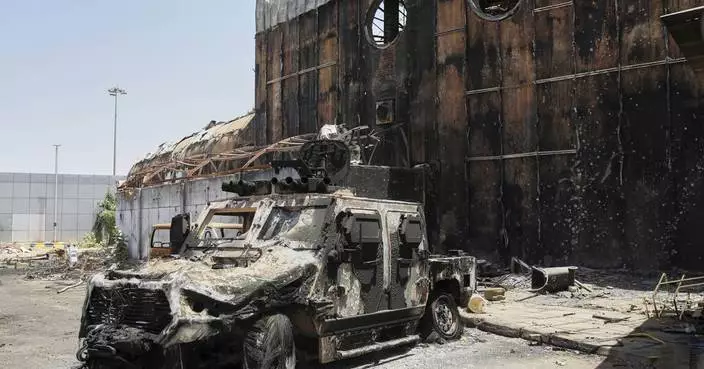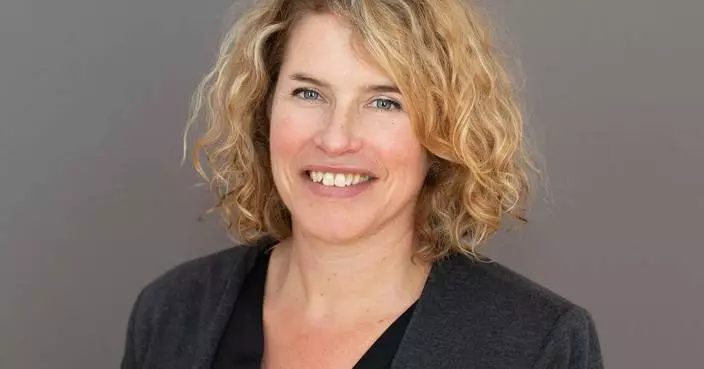SANDY, Utah (AP) — Utah Hockey Club will open a new practice and training facility for team use on September 1st, the club announced Monday.
The 115,780-square-foot facility, built on the southeastern end of a Sandy shopping mall, will house two NHL standard ice sheets. It will also include training, medical, and dining facilities as well as team locker rooms.
Building a practice facility quickly was one of the immediate challenges Utah owner Ryan Smith faced in bringing an NHL team to the Beehive State. The Utah Olympic Oval, which is primarily used for speedskating events, severed as the team’s practice facility this season, but it was intended to only be a temporary solution.
“We want to be competitive in the NHL and to do that you got to have a place where these guys can practice and they can recover and it’s home,” Smith said. “We did a miraculous job with the Oval, but at the same time that’s not this.”
Players on Utah’s roster had input on the practice facility’s design from the dining areas to the locker rooms. The facility incorporates many of their suggestions.
“We tried to involve them as much as we can in every part of this,” Smith said.
Utah’s practice facility will also be ready for public use in January 2026. It will feature event venues, eight community locker rooms, equipment rentals and a team store. The ice rinks will be available to the public when not in use by the team.
AP NHL: https://apnews.com/hub/nhl

Utah Hockey Club center Jack McBain (22) moves the puck on the ice against Los Angeles Kings during the second period of an NHL hockey game, Thursday, April 3, 2025, in Salt Lake City. (AP Photo/Melissa Majchrzak)
The Taliban morality police in Afghanistan have detained men and their barbers over hairstyles and others for missing prayers at mosques during the holy month of Ramadan, a U.N. report said Thursday, six months after laws regulating people’s conduct came into effect.
The Vice and Virtue Ministry published laws last August covering many aspects everyday life in Afghanistan, including public transport, music, shaving and celebrations. Most notably, the ministry issued a ban on women’s voices and bare faces in public.
That same month, a top U.N. official warned the laws provided a “distressing vision” for the country’s future by adding to existing employment, education, and dress code restrictions on women and girls. Taliban officials have rejected U.N. concerns about the morality laws.
Thursday’s report, from the U.N. mission in Afghanistan, said in the first 6 months of the laws’ implementation, over half of detentions made under it concerned “either men not having the compliant beard length or hairstyle, or barbers providing non-compliant beard trimming or haircuts.”
The report said that the morality police regularly detained people arbitrarily "without due process and legal protections.”
During the holy fasting month of Ramadan, men’s attendance at mandated congregational prayers was closely monitored, leading at times to arbitrary detention of those who didn't show up, the report added.
The U.N. mission said that both sexes were negatively affected, particularly people with small businesses such as private education centers, barbers and hairdressers, tailors, wedding caterers and restaurants, leading to a reduction or total loss of income and employment opportunities.
The direct and indirect socio-economic effects of the laws’ implementation were likely to compound Afghanistan’s dire economic situation, it said. A World Bank study has assessed that authorities’ ban on women from education and work could cost the country over $1.4 billion per year.
But the Taliban leader, Hibatullah Akhundzada, has emphasized the primacy of Islamic law and the role of the Ministry of Vice and Virtue in reforming Afghan society and its people.
In a message issued ahead of the religious Eid Al-Fitr festival that marks the end of Ramadan, Akhundzada said it was necessary “to establish a society free from corruption and trials, and to prevent future generations from becoming victims of misguided beliefs, harmful practices and bad morals.”
More than 3,300 mostly male inspectors are tasked with informing people about the law and enforcing it, according to the report.
The ministry has resolved thousands of people's complaints and defended the rights of Afghan women, according to its spokesman Saif ur Rahman Khyber.
This was in addition to “implementing divine decrees in the fields of promoting virtue, preventing vice, establishing affirmations, preventing bad deeds, and eliminating bad customs.”
The ministry was committed to all Islamic and human rights and had proven this in practice, he said Thursday, rejecting attempts to “sabotage or spread rumors” about its activities.

FILE -An Afghan street barber man, left, trims the mustache of a customer, as snow is seen the back ground in Kabul, Afghanistan, Feb. 9, 2012. (AP Photo/Musadeq Sadeq, File)





















































